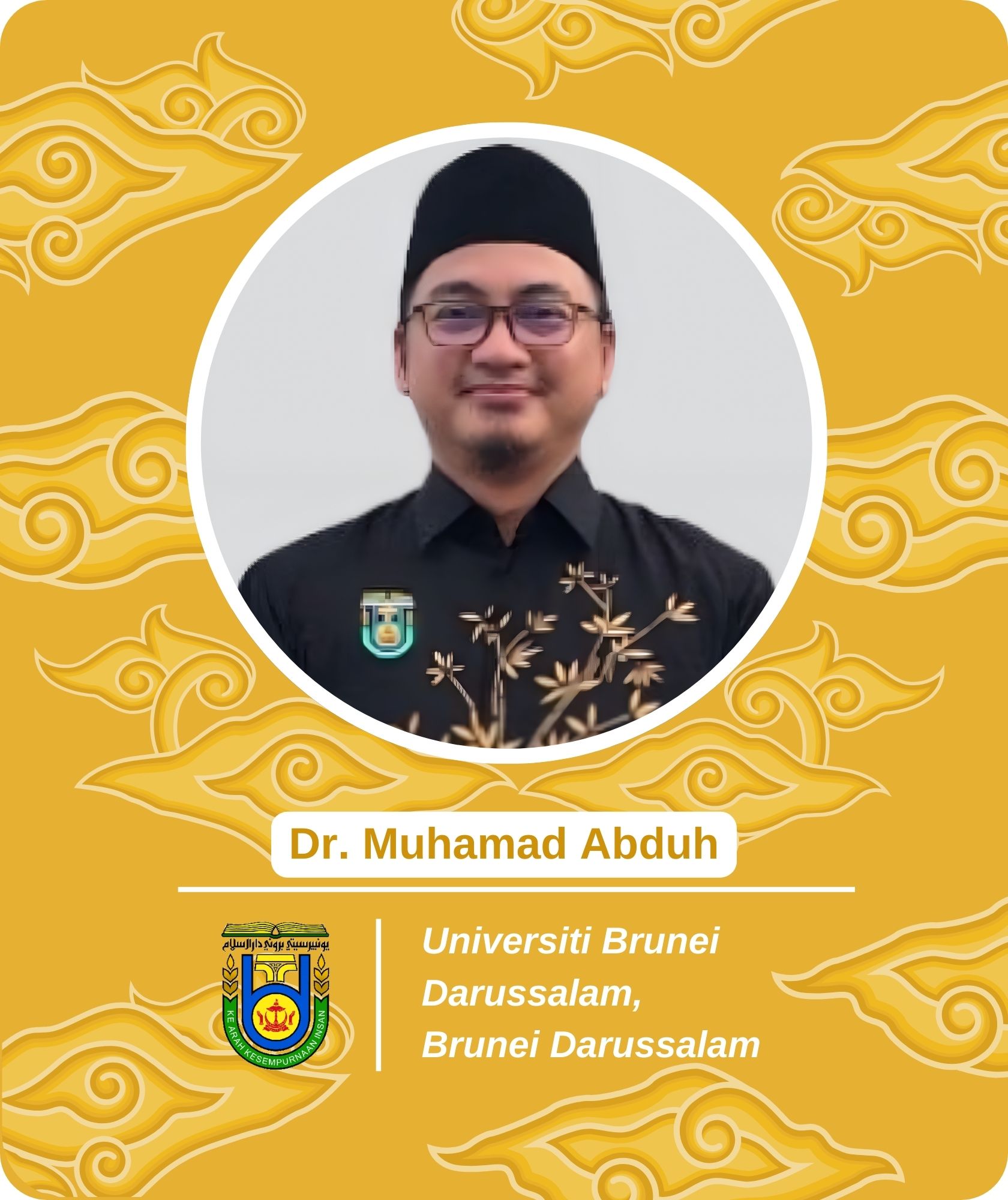Understanding the Role of Farmer Institutions in Facilitating Biogas Technology Adoption in Organic Rice Farming Systems in Upland areas
This paper was not presented at the conference.
Abstract
This paper was not presented at the conference.
Organic Rice Farming (ORF) stands out as a promising strategy to improve rice productivity in the Indonesian national rice production system. To increase rice productivity in the ORF system in West and Central Java, providing sufficient organic fertilizer (OF), one of which is from sheep manure, is necessary. The roles of farmers' institutions in supporting the use OF are unknown. This study aims to understand the role of farmer institutions in facilitating the adoption of biogas technology in ORF in upland areas. The research was conducted in the ORF systems in upland areas in the Grabag, Magelang, and Cipatujah sub-district, Tasikmalaya, from September to October 2022. In each area, 30 farmers were interviewed to gain insights into their farming systems and the farm's characteristics. The Rapid Rural Appraisal (RRA) approach through the FGD was conducted to collect information on the issues and challenges in adopting Biogas technology. The findings revealed that the average number of sheep per farm ranged from two to four in Tasikmalaya and four to eight in Magelang. In Tasikmalaya, Badan Usaha Milik Petani (BUMP) is the farmer's institution, whereas Gupon Sekar Langit, the biggest farm group, represents institutional farming in Magelang. According to FGD, the identified issues included the constraints in operating biogas technology, farmers' commitment, and farmers' motivation to manage the ORF. Financial support for the group institutional is required to adopt biogas technology in ORF. To conclude, the presence of farmers institution is essential to support the adoption of biogas technology in ORF.




















